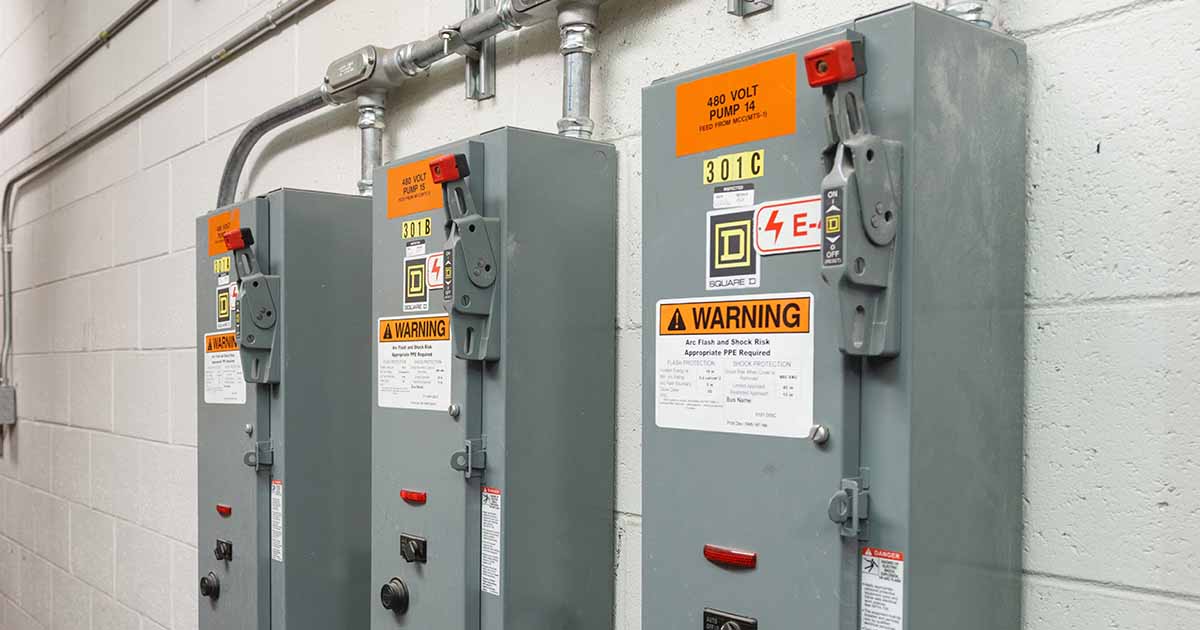How to Sell Land By Owner in Texas?

Selling land is a significant decision, and many circumstances prompt the landowner to sell the land. People often put their land up for sale so that they can get a substantial financial return or pay off mandatory debts. Land may also be sold to improve cash flow or invest in lucrative assets to earn more money.
The decision to sell land in Texas may also be because the owners plan on relocating to another area and want to downscale property holdings. Is your land sale a retirement plan? Money is essential to support a retired person’s needs, simplify estate planning and maintenance of other properties, or may be used for reinvestment purposes.
The reasons may be innumerable, including a landowner’s interest change. Selling land becomes the best choice because it comes with many incentives. Questions as to how to Sell Land By Owner in Texas often pop up, and thus, real estate knowledge is essential to help you move smoothly through the land sale.
Most sellers in Texas need to be made aware of the various ways the property can be made more saleable, as well as the essential paperwork, contracts, and legal compliance necessary to complete the sale. The deal has to be securely monitored and then closed confidently with the land buyer in Texas. A direct land buyer can offer a great deal, and many agree to pay the amount in cash within two weeks only! Let us see the process of the land sale:
1. Market value:Get the value of your land assessed by a real estate professional or a property appraiser. Many other properties in the same area must also be put up for sale. Find out their rates and then confirm the price by talking to a professional appraiser so you don’t keep the benchmark very high. People who price their properties high sometimes have to wait a long time. No one ventures out to purchase land without getting the price investigated, so fix a price after studying the market value.
2.Improve the land’s condition: The condition of the property decides the price to a great extent. The property needs to be cleaned and kept in good condition so that people can understand its potential growth and development. Remove the shrubs, underbrush, and overcrowding greens and make the area accessible for the land buyers to assess.
3.Zoning and boundary clearance: Is the land facing zoning issues, or is it a part of a boundary dispute? Get the documentation in hand before you start the proceeds, as the value of the land increases if there are no legalities involved in the land deal. There should be no potential threats or issues to hold up the land sale in any way. Check the paperwork at each step of the way. Some specialists can help you with land sales, but choosing a direct land buyer is an easy and fool-proof way to dispose of the land. Keep the current deed, zoning permissions, survey letters, property tax information at hand, and encumbrance or easement documents if your land falls in that category. The land buyer may need to evaluate these with their legal teams.
4.Study real estate market:You need a clear view of the real estate markets and market insights as this predicts the increase and decrease of the land value and also makes it easier to manage the negotiations.
5.Advertise freely:How will people know about your land if you don’t tell them about it? So, advertise the land through online and offline mediums, real estate journals, word of mouth, local listings, and real estate websites to spread the news to sell land.
6.Evaluate offers:Try to wait for one or two offers before you accept one. This allows the seller to negotiate and agree on a good price. Potential buyers are on the lookout for lucrative properties, and once they agree on the price and its contingencies, the sale is finalized before the timeline lapses.
Once the terms are settled, a sales contract is drawn up with details of the terms that were agreed upon, the local authorities are notified about the land sale to ensure the sale is within the parameters of the local rules and regulations







